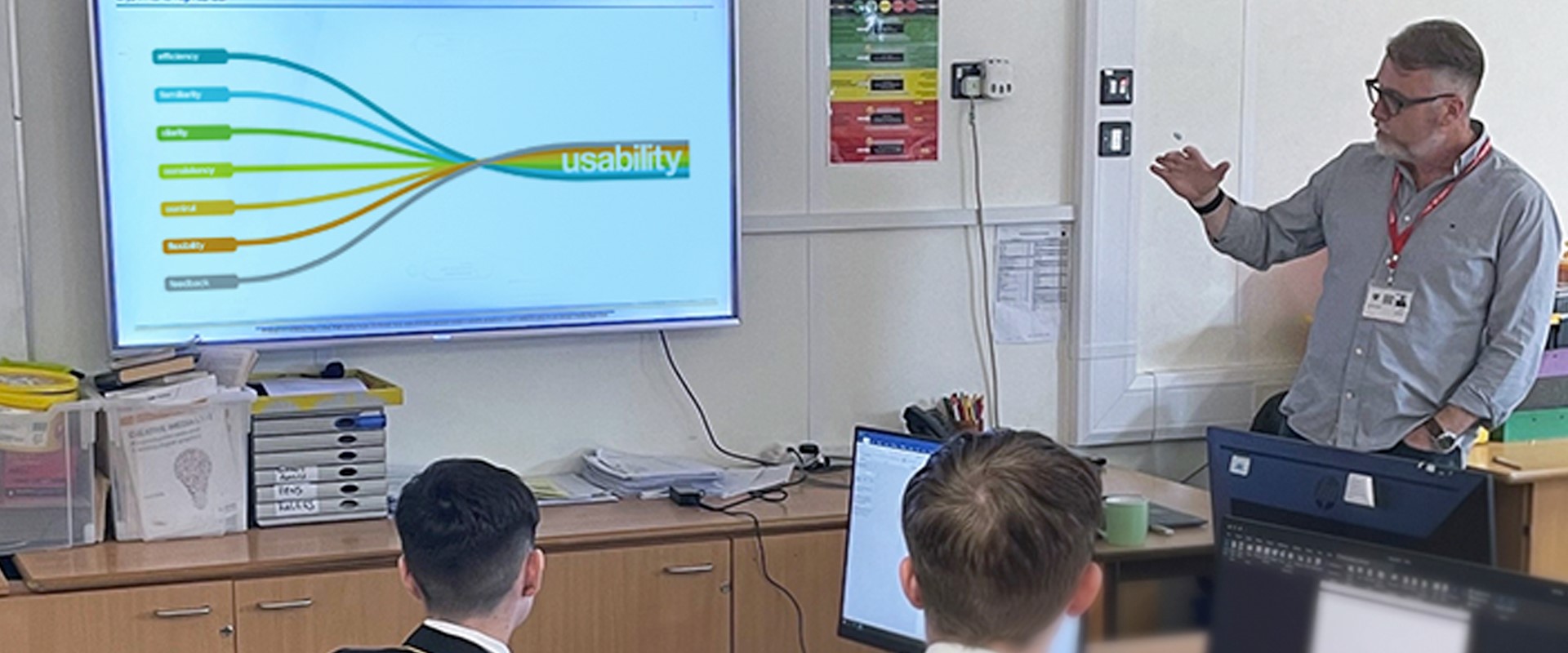I’m not sure if it’s a modern malaise exacerbated by social media, or whether we always moaned about things from the comfort of our armchairs, but it’s obviously easier to whinge about an issue than to actually do something about it.
Maybe it’s a British thing as, thinking about it, there was always someone ‘enraged from Basildon’ teeing off about grammatical errors or regional accents on the BBC’s ‘Points of View’ or Major Ranter [retired] writing to the Daily Mail about someone wearing the wrong socks at the golf club, absolutely livid. It feels like this moaning mindset has become more prevalent with the advent of social media which has spawned the spectre of ‘Karens’ and worse with the spread of trolling. Apparently there’s something about the disconnect of using a device rather than talking directly to someone that seems to let people think they can type in the kind of nasty things they’d never say in person. Plus there’s the immediacy of access to a device in your pocket which allows people to say things in anger or without thinking through the ramifications of posting something they later regret, not that this justifies trolling or hate speech of course.
In our particular world, the digital and creative sector, the specific topic that perpetually attracts an assortment of concern, ranging from deep sighs and rolling eyes through to full-on whinging, is the skills gap. There’s just not enough people with the right technical skills to do the work now or going forwards as education isn’t keeping pace with demand. And given that technology is used in pretty much every sector, it’s an issue that affects every business according to recent research:
“While tech and online-based roles are experiencing a skills shortage themselves, digital skills are required across pretty much all industries today. There are over 170,000 tech jobs per month advertised in the UK but many students who leave education do not have sufficient skills or knowledge to apply for these jobs. Sixty percent of employers say they are facing an increase in their reliance on advanced digital skills. Two-thirds of large UK businesses said they struggle to recruit employees with the skills they need.”
The issue is especially critical in the digital sector where everything is, by its nature, digital. It’s estimated that there are some 55,000 unfilled roles in technology right now with even big employers such as the BBC, who historically would have a queue of people at the door, unable to fill jobs. In turn this makes recruitment very difficult because so many businesses are fishing in the same small talent pool.
“As the tech industry continues to accelerate, the digital skills gap is likely to continue to expand in the short term, as it’s near impossible for recruitment and staffing levels to keep up with ever-evolving advancements.” Steve Hayward, Senior Director European Operations, CyrusOne.
Bigger businesses can just throw money at it and effectively buy talent. The knock-on effect of this is that it inevitably drives up salaries making it much harder for smaller businesses, like ours, to compete which is the cause for all the moaning. It’s why, at bd2, we attach so much significance to retention and we work very hard to make bd2 a great place to work. Most important is career development, progression and training so we support this by, for example, sending devs to Umbraco's Codegarden event in Denmark. Flexible working is key so we let everyone choose their hours and whether to work in the office or at home. Finally there's an extensive benefits package that includes things like private health and a private gym. All businesses are having to adapt to the situation to find talented people, often then providing training themselves and then working hard to retain them.
At a recent DTX conference I attended in Manchester, Mivy James from BAE Systems explained that they used to only recruit top graduates from Russell Group Universities but had now adapted their policies to recruit across all levels including school leavers and apprentices where they can see ability. She also talked about the challenges of diversity in what is still a very male dominated arena, and the specific efforts they were making to attract more women into the industry.
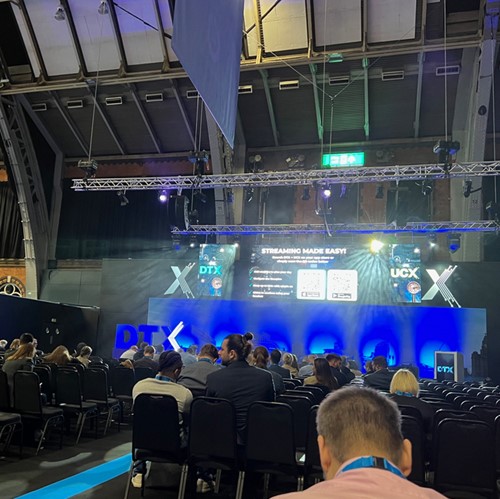
Another speaker I saw recently, at the Umbraco Business Partner summit in Odense, was Marianne Dahl Steensen, the Managing Director & Partner at Boston Consulting Group and former VP sales in Microsoft. Marianne, who gave a captivating and insightful keynote speech, had a very interesting theory that businesses should in fact change their entire approach to recruitment. Instead of it being based on experience and past achievements, which is essentially how we ask candidates to prove themselves now as interviews usually focus on what people have done, it should be about potential and ability. We should be looking at what people are capable of achieving, although this is much harder to assess of course than a track record.
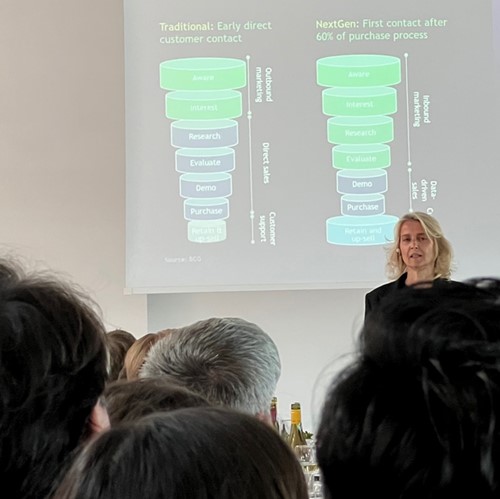
“Diversifying the recruitment process is also key; if you continue to follow the same patterns, looking in the same talent pools, you’ll find the same types of people with similar backgrounds and perspectives. It’s also important to recognise non-traditional routes into the industry and the transferable skills found across so many sectors, from engineering and aerospace to science, as well as looking within the local community of where the business is operating and making oneself available and approachable. This will ensure workforces benefit from well-rounded teams bringing different experiences, points of view and skill-sets to the tasks at hand, leading to better, more inclusive outputs.” Steve Hayward, Senior Director European Operations, CyrusOne.
All of which sometimes leaves us independent agency owners rocking back and forth in the fetal position or venting our frustrations on Linkedin. But, as mentioned, you can just sit at your Mac and post whinging comments or you can try and do something about it, however small that may be. It’s why, whenever I get an opportunity to talk to students about the digital and creative sector, or if there’s a chance to engage with academia on how it can better work with businesses to help future generations, or if we can provide some experience for students at bd2, we try to accept.
Most recently I gave a talk to Creative imedia Year 11 students at St John Fisher High School, which follows on from past talks at Standish High School and Wigan and Leigh College which I also went to recently to see the art and design faculty’s end of year show. A couple of weeks ago we had a very talented young man from John Rigby College spend a week with us who was so good we want to keep in touch, and we’re on the Employer Partnership Board at Runshaw College to improve links between the college and industry.
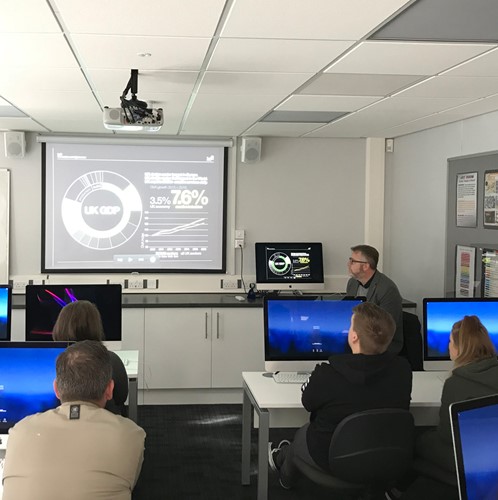
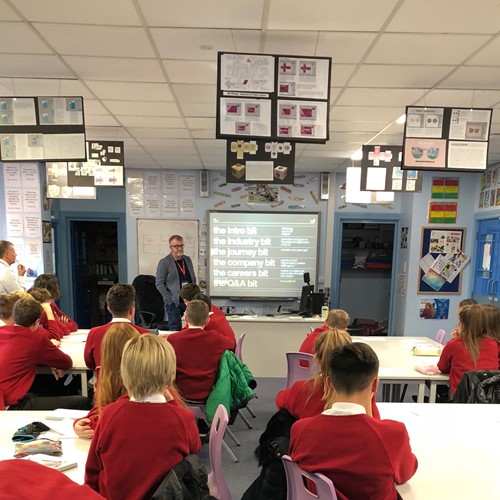
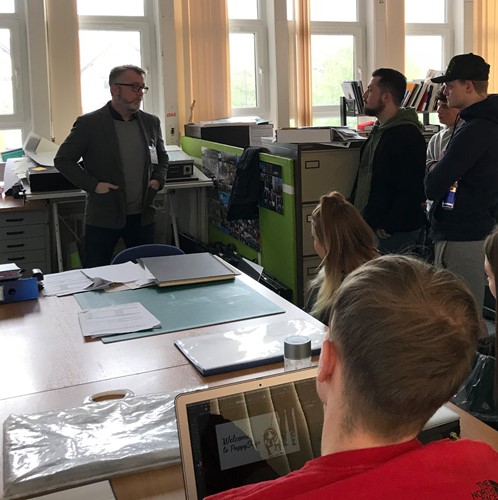
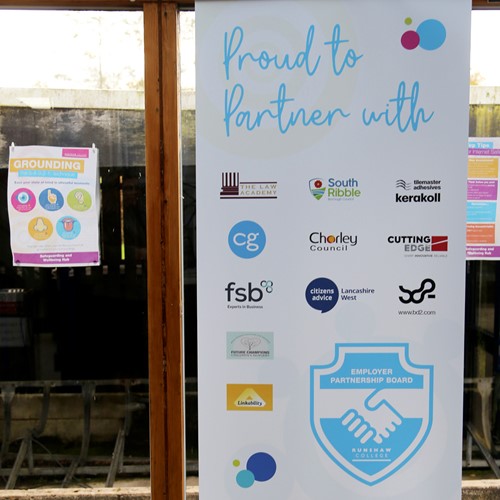
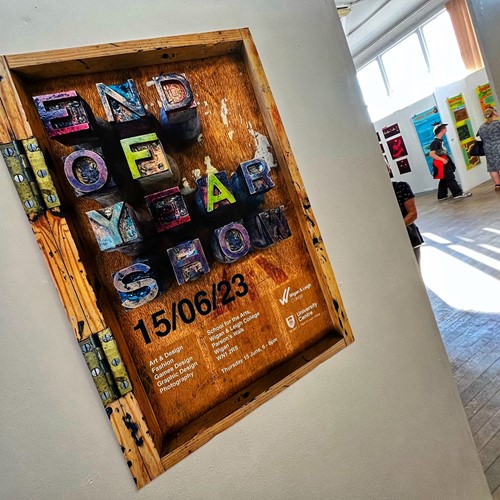
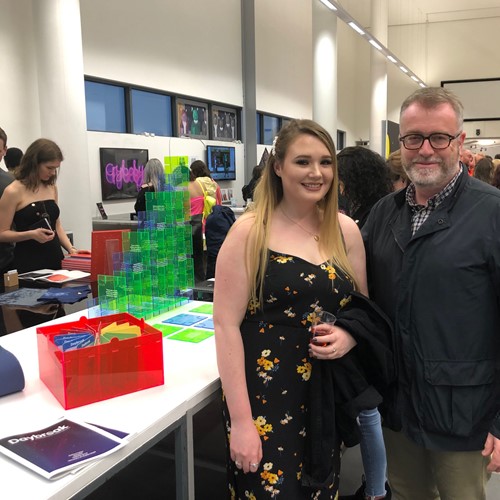
All of which involves investing a little time and effort of course, but it’s an investment I hope will benefit us or other potential employers. Most of all, which brings me back to Whitney Houston, I hope it helps today’s students, who are of course the employees of tomorrow, to see the many rewarding opportunities there are in digital.

